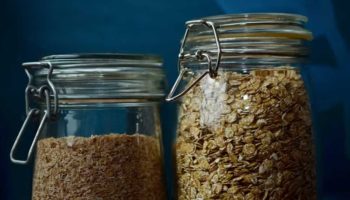When washing dishes, the use of clean utensils is crucial.
However, according to a team of Norwegian researchers, the sponge we normally use can turn into a place full of bacteria, even if it is washed frequently. This study, published in the Journal of Applied Microbiology, states that the bacteria found on sponges are not harmful. However, they still have the ability to spread and potentially lead to health problems. The study highlights that sponges, unlike brushes, have a much higher bacterial content overall.
Dishwashing sponges: a real vessel for bacteria, the most hygienic alternative
The position of science and its scholars. In his research, Markus Ergert, a microbiologist at Furtwangen University, strongly recommends eliminating the sponge or changing it very frequently. If a sponge came into contact with salmonella bacteria, it would spread very quickly.
According to Trond Moretro, a researcher at Nofima, a Norwegian food research institute, the brush is much more hygienic. Should bacteria or salmonella spread, he explains: “Salmonella and other bacteria grow and survive better in sponges than in brushes. The reason for this is that sponges never dry out in daily use. A single sponge can harbor more bacteria than people on earth.” And further: “The sponge is moist and collects food scraps, which are also food for bacteria, leading to rapid bacterial growth.”
What should we replace our sponge with at this point?
To avoid this, you should use brushes. In fact, the latter manages to dry well and quickly between one wash and another. In this case, the researcher says: “As the brush dries very quickly, the harmful bacteria die. In addition, most brushes have a handle which, unlike sponges, prevents direct contact of the hands with potentially harmful bacteria. I advise consumers to try a brush the next time they need to replace their sponge.” Changing our habits this time can only do us good.
Good luck with your work.



